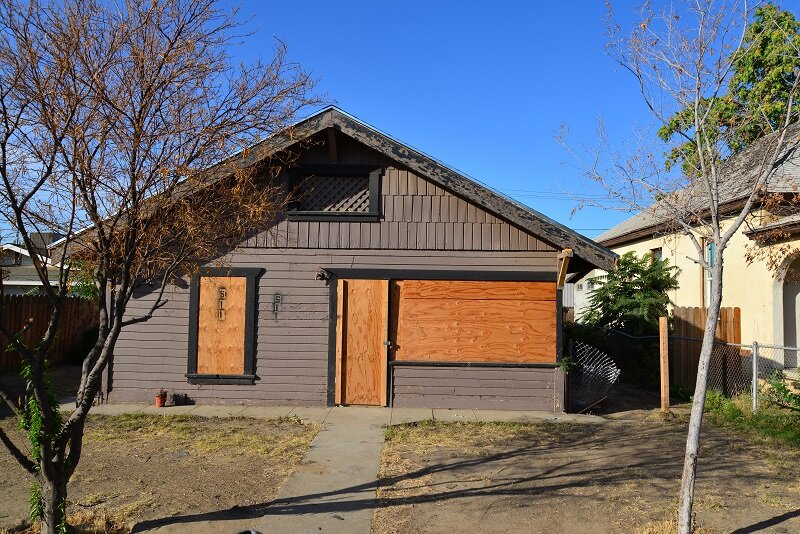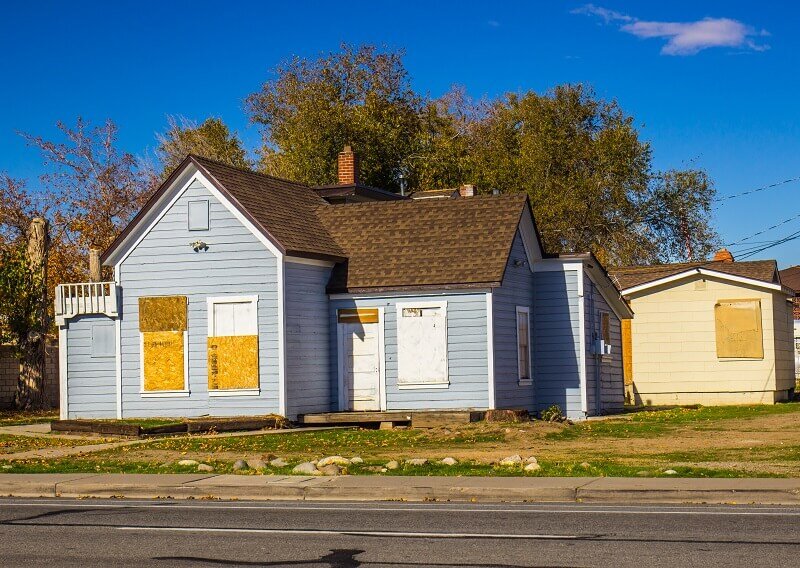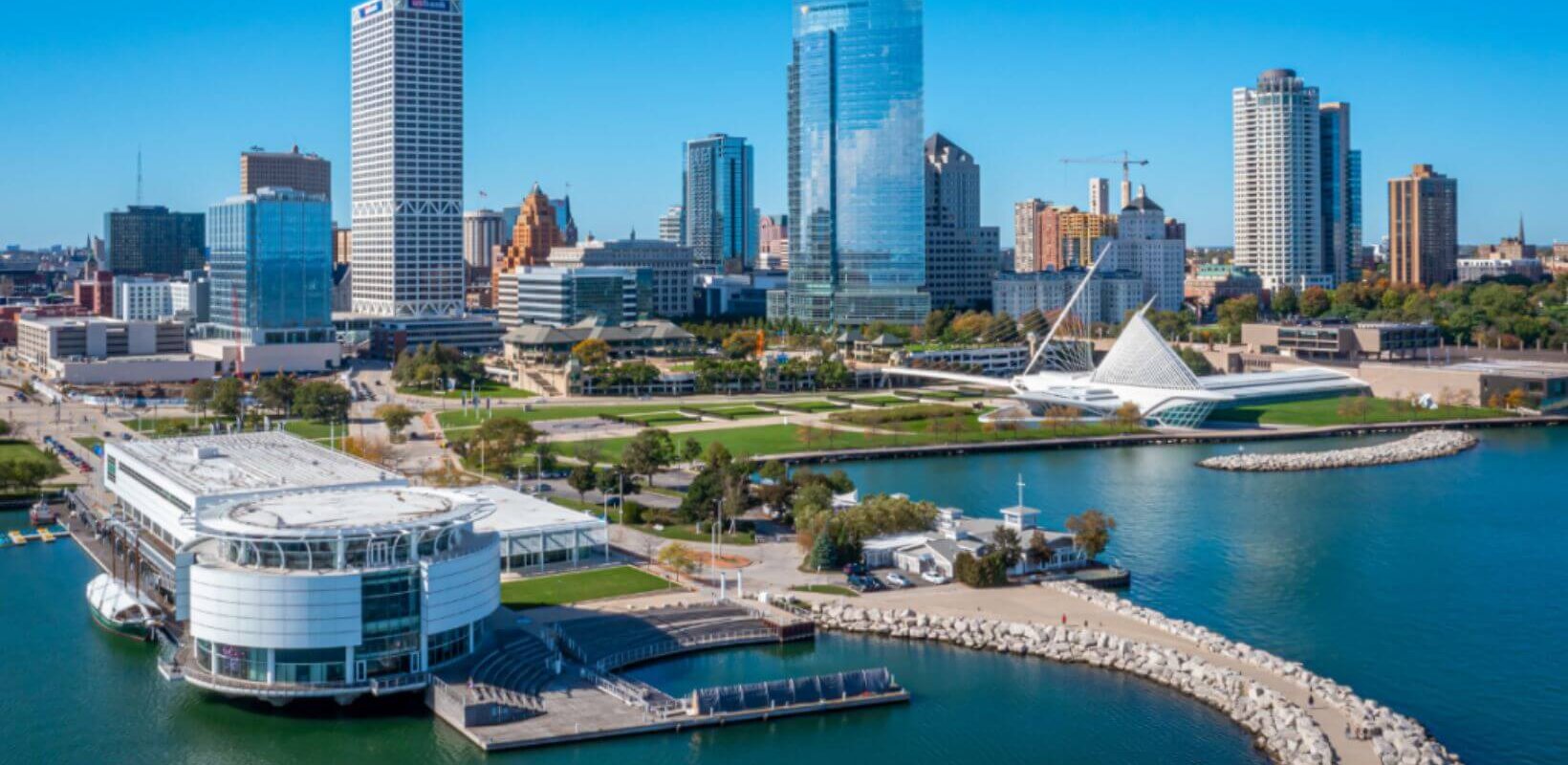
When a municipality declares a property to be unsafe, it may be subjected to condemnation, wherein the entity acquires the property in order to protect other citizens. Property owners can choose to contest this classification or sell their property at a fair market value.
A property can go through temporary condemnation until the owner makes repairs and provides maintenance to ensure the property is safe for use. Local authorities might also condemn properties appearing dilapidated or abandoned, given the potential security risks they pose, irrespective of whether the structures are occupied or vacant.
With these guidelines in place, you may wonder what causes a house to be condemned. Read on to learn more.
What Causes a House To Be Condemned?
Some of the most common reasons the government will condemn a house include the following:
- Black mold
- Failing infrastructure
- General disrepair
- Structural issues
- Termite damage
- Unsanitary living conditions
Various factors can give rise to these issues. For instance, termites can inflict damage on a home’s wooden exterior or penetrate deeper into the supports and framework, causing structural harm. In addition, black mold can create unsanitary living conditions, but so can improperly functioning utilities, broken appliances, and insect infestations.
Individuals with hoarding tendencies may fail to notice mold on the walls due to an excess of belongings obstructing the structure. However, a property crowded in this way could also invite pests inside, who will eat items, leave their waste in the house, and can bite the residents, making them sick.
The age of a home can contribute to failing infrastructure and structural damage. Given today’s standards, older houses were built with materials that don’t meet current requirements.
All materials, even the highest quality ones, deteriorate over time. Consequently, there may come a point when it is more practical for the government to demolish a condemned home rather than attempt to repair it.
You might worry about your property with the possibility of condemnation spawning from multiple options. However, condemnation is usually a last resort. Owners actively involved in their property maintenance will have time to fix any problems before they spitball into a significant issue.
At that point, anyone living in the condemned home will need to evacuate to ensure the repairs are thorough. While it’s possible to cut corners and simply paint over moldy walls, the problem will still lurk under the surface, deteriorating the health of anyone who lives there. Therefore, it’s better to strip down the walls with no residents and fix the entire problem.
Homeowners can also choose to try fixing up a house for profit to make the necessary repairs and sell it so they won’t have continued maintenance. You can sell a house fast in Wisconsin whether you want to make an effort to oversee repairs or get it off your plate as-is.
Types of Issues That Typically Condemns a House
The causes listed in the previous section might make you worry about the status of your house. While those specific issues can lead to condemnation, these broad concerns typically lead to condemnation.
Housing Code Violations
In general, code enforcement condemns a house after repeated code violations. If you’ve seen an abandoned or condemned property, you can tell that the problem doesn’t appear overnight. These issues with building codes are often gradual changes that happen as houses age, especially if the owners aren’t taking proper care of the structure’s interior and exterior.
Complaints
People living near a hoarder might notice that there are items stacked inside and outside on the property, inviting pests and rodents to the area. These neighbors can call the local government about the property, asking inspectors to see if they should condemn the house.
Friends and loved ones can also call the government if they know someone who’s a hoarder. It might seem like a drastic step, but sometimes tough love is the best way to ensure they stay safe in unsanitary conditions.
Improper Renovations
However, a relatively new, nice house can face condemnation after renovations. The electrical wiring might not be up to code, and using electricity could potentially start a fire. The plumbing might cause a flood or bring insects or mold inside. When an inspector finds these issues, they rule that the house is uninhabitable and bring it to the government’s attention for condemnation.
Weather
Weather can cause temporary condemnation. For example, if your city experiences a tornado or flood, the houses might experience extreme damage, making the structures unacceptable for human habitation. A tree could crash through the house, weakening the structure. Floods could cause mold and mildew to flourish on the carpet. These conditions are unsanitary for residents.
Abandonment
If the government notices an abandoned house, they will want to condemn it to keep the public safe and prevent squatters from living in the home without notice, which can risk their health. Instead of abandoning the property, you can find cash home buyers in Oshkosh to take over the home and provide the necessary maintenance.
Eminent Domain
In some cases, your house might be in great condition, and the federal government still condemns it. If the government needs your private property to widen a street or build something for public use, they can condemn properties to clear the way for what they plan to build. In such cases, the government will compensate owners for the property value.

Should You Fix Your Condemned House?
If you’re wondering what happens to a condemned house, you might think you should fix it. The first step in the condemnation process is that the government takes over and posts notice to protect residents and the public. Then, if you live in the house, you have to leave and wait for an update.
The government may allow you to fix your condemned house, depending on the degree of damage. However, if they deem the house irreparable, such as thinking it may cave in on anyone inside, you’ll have to pay to demolish the house. This process is to absolve the government of any liability for people living in such unsafe conditions.
Legally, you can’t live in a condemned house, so if you want to keep the property, you have to fix it. While you’re making repairs, the government may shut off utilities to winterize the property and prevent further damage.
If you try to live on a condemned property and the government finds out, they may fine or arrest you. So regarding legality, safety, and financial choices, staying somewhere else while you fix your condemned house is better.
After inspecting the repairs on a previously-condemned house, the government will issue a certificate of occupancy showing that it’s legal for residents to move back into the property.
Considering the health and safety hazards related to condemned houses, you won’t want to live there until you can fix the house. But the repairs necessary to remove that condemned status could be very expensive and time-consuming. Thankfully, repairs aren’t the only option when it comes to managing this type of property.
Can You Sell a Condemned House?
Selling a condemned house can be confusing because you can’t sell it as a habitable structure. After all, the government says that no one can legally live in the house, so you can’t sell it as such. However, you can sell the property the house is on.
The best option is to sell the property before the house is officially condemned. You can find a buyer who will take the house as-is and might make repairs before the government condemns the property. It can be hard for a buyer to get a lender for a condemned property, so it’s best to be proactive.
If you wait until the government condemns your house, you might not get as much money from the sale as you expected. The buyer can negotiate to lower the cost because they’ll have to pay to tear down the condemned property.
Final Thoughts on House Condemnation
Dealing with a condemned house can be a stressful real estate situation. First, you have to deal with the government entities that inspect the house, evacuate any residents, and label it as a condemned property. Then, you must jump through legal hoops to ensure all repairs are up to code and fight to remove the condemnation label from the property.
Instead of handling all that work, you can sell the property. We buy houses Appleton and take on real estate as-is, so there’s no need to sink money into the repairs. You can stop worrying about the property due to the damage and pending status change and instead take the money and let us take on the responsibility.
We know this can be a difficult decision, and we are ready to help you with any questions you might have about aunty part of the process.
Contact CB Home Solutions to avoid foreclosure, condemnation, and realtor commissions on real estate transactions. You can get a cash offer and sell vacant or inherited property and relocate to a new home in a short period of time.

